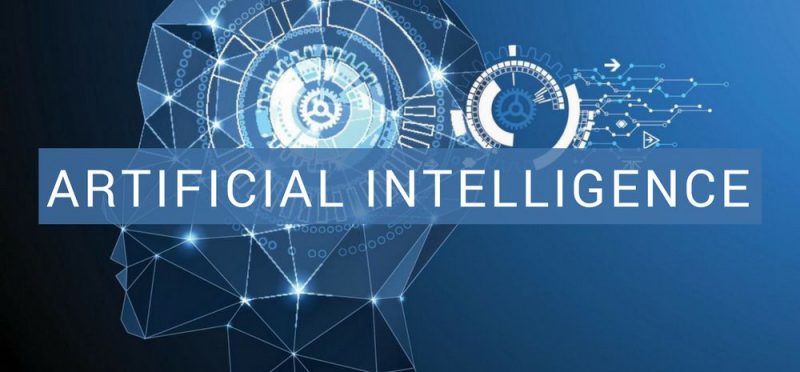
During the recent Technology Enhanced Learning/Computing Education Forum organized by the Nigeria Computer Society in Lagos, stakeholders in the technology sector emphasized the imperative for governments at all levels to establish an Artificial Intelligence (AI) policy in education. This policy, they argued, would promote innovation and the development of digital skills among students.
Dr. Salisu Abdulrahman, an Associate Professor of Artificial Intelligence at the Faculty of Computing and Mathematical Sciences, Kano State University of Science and Technology, emphasized that an AI policy would facilitate the establishment of AI infrastructure in tertiary institutions across Nigeria and support AI development in the country. He stressed the importance of collaboration between AI stakeholders and academia to drive innovation and contribute to national growth, highlighting the need for Nigeria to establish an AI database to support research and innovation initiatives.
Defining AI as the ability of machines to emulate human thinking and exhibit intelligence, Abdulrahman highlighted significant global investments directed towards advancing AI development, noting its integration into various sectors of the global economy, including education. He acknowledged that although AI is still in its infancy stage in Nigeria, ministries, government agencies, and private organizations are beginning to introduce AI into their operations. Abdulrahman also mentioned policies and strategies developed by the Ministry of Communications, Innovation and Digital Economy, as well as the National Information Technology Development Agency to promote AI development in Nigeria.
Abdulrahman emphasized the potential of AI to stimulate economic growth, citing its application in automated processes and the development of robots. He noted the Federal Government’s commitment to funding startups to develop AI in Nigeria and highlighted the need for technical skills development in machine language, big data, robotics, and deep learning, as well as soft skills in AI such as critical thinking and decision-making.
However, he identified the lack of funding as the biggest challenge to AI development in Nigeria, urging organizations and government agencies to invest heavily in AI to enhance research and development in the country’s educational system.
Professor Abejide Ade-Ibijola of the University of Johannesburg, South Africa, discussed the potential of AI in education to support learning and innovation, despite challenges such as funding, insecurity, and training.
Dr. Muhammad Aliyu, the President of NCS, highlighted the forum’s focus on exploring the influence of Artificial Intelligence in education and its potential to foster innovation and advanced research, ultimately benefiting Nigeria as a nation. He emphasized the conference’s theme of emerging technologies, particularly AI, to promote innovation and excellence within the academic community.








